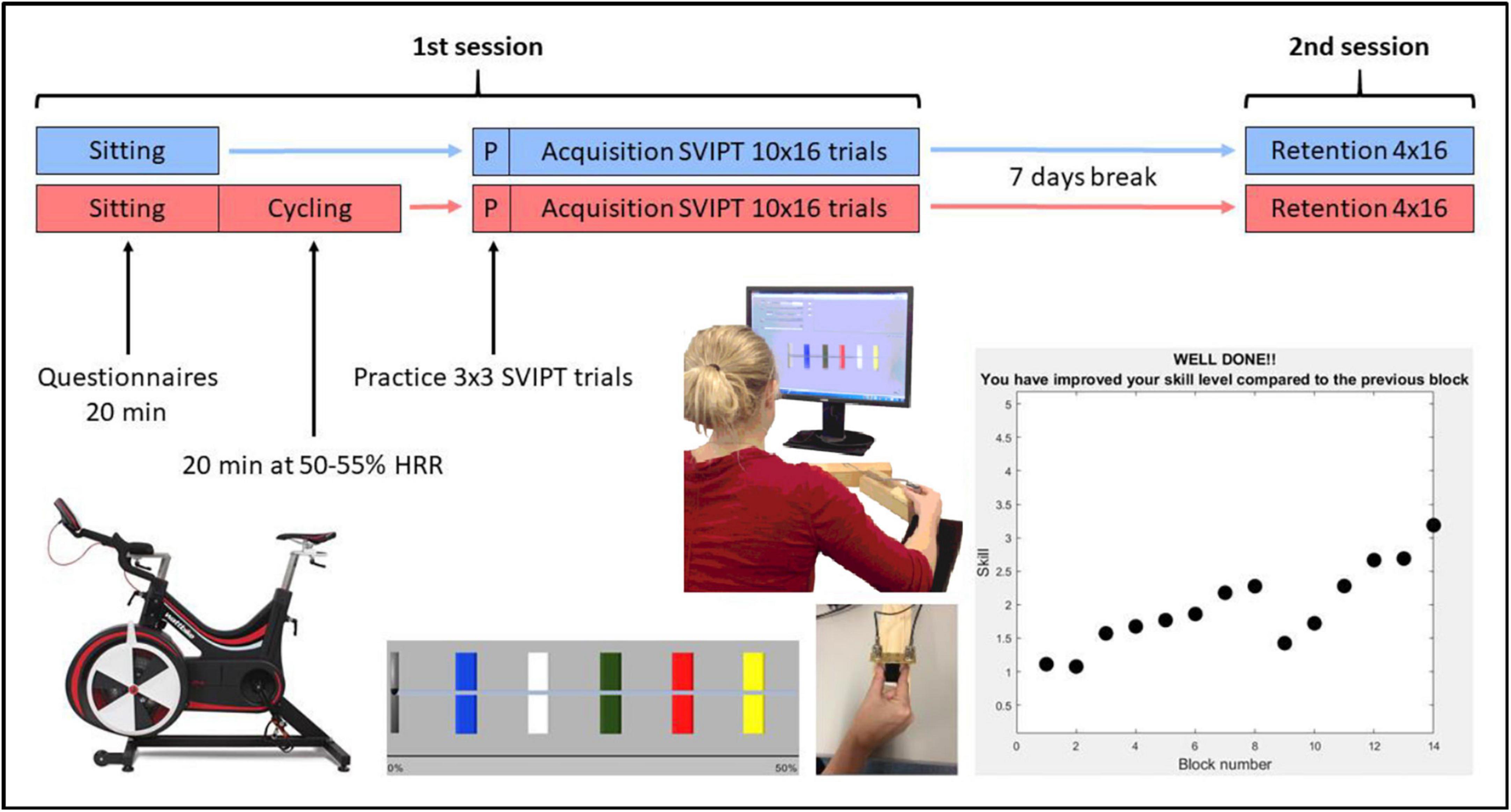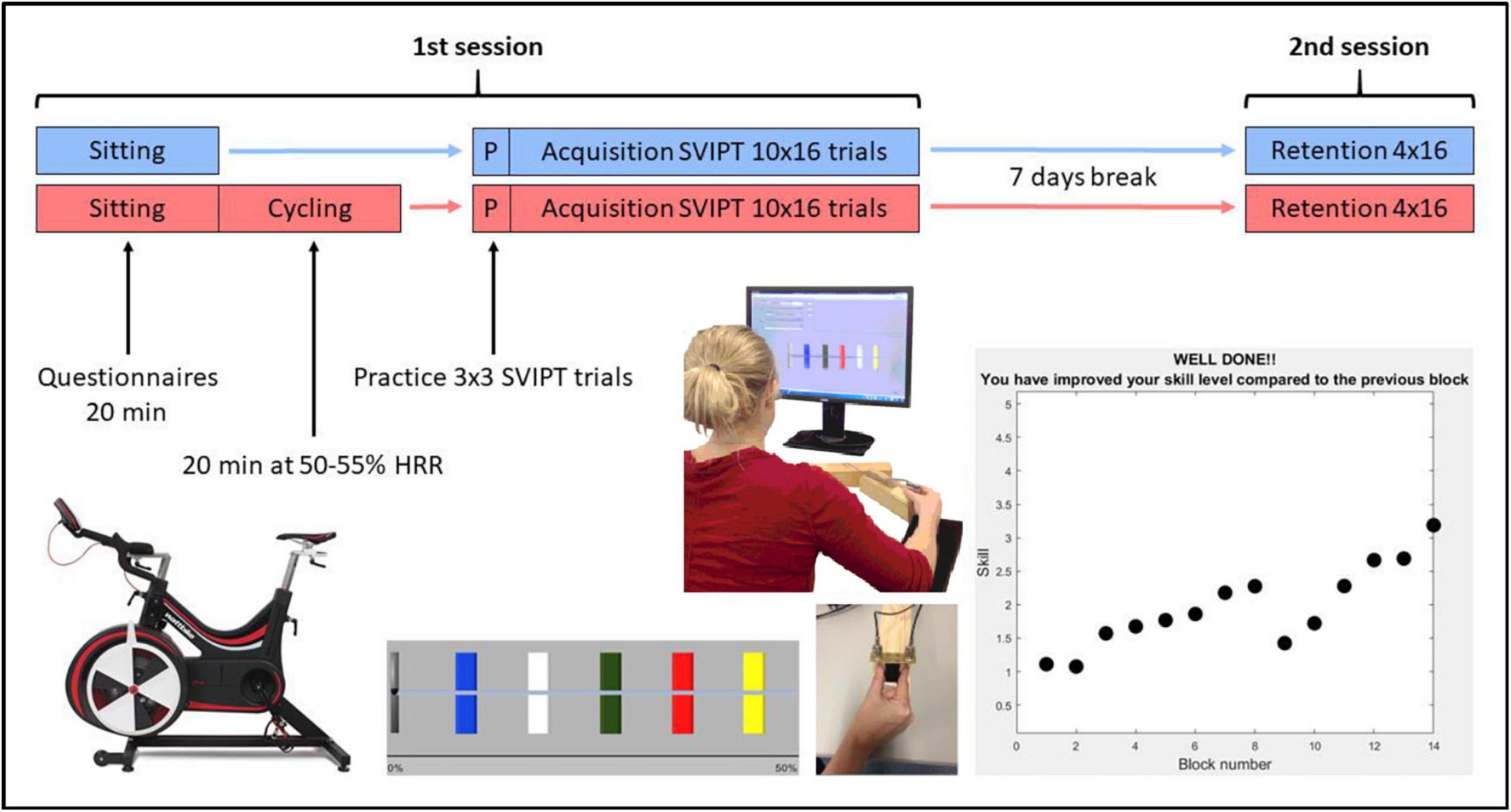
It took me quite some time to understand how excessive pessimism and stress were dragging me down. Mindfulness is often overlooked by many due to the mistaken belief that they lack sufficient time. My experience with mindfulness has been quite complex. As my responsibilities increase, my life gets progressively more hectic. What’s most daunting is my awareness that things aren’t going to ease; someday, I’ll have to manage additional responsibilities like homeownership and raising children.
Initially, I believed that this meant I couldn’t fit mindfulness into my schedule. With a full-time job and graduate school, it seemed like all I could handle. My reasoning seemed sound: “If I’m so busy, how can I possibly slow down?” Yet, the reality proved to be quite the opposite. As I became increasingly overwhelmed by life’s stresses and my endless to-do list, I recognized that something needed to change.
I tend to be practical and sometimes pessimistic. However, I had to discover a method to become more aware of my thoughts and how they impacted me. The extensive scientific research on mindfulness pushed me to commit to giving it a shot.
Mindfulness doesn’t have to be intricate or consume your entire day — it’s all about your perspective.
“Mindfulness isn’t something that occurs. It’s a skill you acquire over time with practice.” — Joshua Felver, PhD, psychology professor at Syracuse University
Even minor interventions can yield significant results. This was the biggest truth I was initially reluctant to accept. Mindfulness has allowed me to feel more in the moment and appreciative of the present, even if it’s merely engaging in a ten-minute meditation on Clubhouse or practicing deep breathing while showering. Mindfulness can seamlessly fit into your daily routine, even if it’s just five minutes of deep breathing.
Mindfulness creates a sense that time is not just slipping away.
In a sense, I believe this embodies the true essence of “being present.” The notion that we exist one moment at a time and that everything beyond that is out of our control can be overwhelming. Mindfulness alleviates this fear by providing clarity about what’s happening in the present rather than allowing life to drift on autopilot — while ensuring we don’t become too consumed by negative thoughts or despair.
Brevity is the soul of wit, as Shakespeare noted, and even short moments of meditation or mindfulness can help transform your day.
For instance, today was one of my days in the office. This morning, as I prepared, I felt quite drained and stressed despite having just awoken. Yet, I decided to listen to a five-minute guided meditation, and the deep breathing and visualization exercises helped me feel somewhat better.
You need to discover which mindfulness practices resonate with you.
There are numerous ways to embrace mindfulness. I have experimented with various methods, including meditation, yoga, gratitude journaling, and simply taking deep breaths to maintain calm during stressful situations (which surprisingly proves effective).
However, it’s essential to identify what suits you best if you aim to cultivate a habit.
For example, I adore yoga. You might not. That’s perfectly fine; you just need to try different approaches until you find what appeals to you. It could be reading a book, taking a brief daily walk, or engaging in something unconventional within the mindfulness sphere. What matters is that it helps you feel present and allows you to calm your thoughts.
Mindfulness has empowered me to manage whatever life throws at me because it encourages me to stay present and not let other issues overwhelm or stress me. Mindfulness aids you in concentrating on what’s important at the moment instead of fretting about the future or dwelling on the past — while also preventing you from being overwhelmed by either one.
Gratitude journals are excellent mindfulness tools.
“This is not merely a passive breathing exercise. It is an invaluable brain-training tool.” — Vernon Williams, MD, neurologist
One of the most beneficial tools for me has been gratitude journaling. A close friend started practicing this through therapy to address her struggles with depression, and her therapist explained how it can help anyone feel more centered and satisfied in life.
Gratitude journals are among the best ways to practice mindfulness. You can jot down a list of things you appreciate in the morning when you wake up, each evening before sleeping, or at random times during the day. Gratitude journaling compels you to focus on what is most significant when practicing mindfulness. Thoughtfully writing down three to five things you’re grateful for daily genuinely encourages your mind to recall that life is not solely about stress and issues.
It may not seem like much, but compelling yourself to reflect on the positive aspects of your life can
